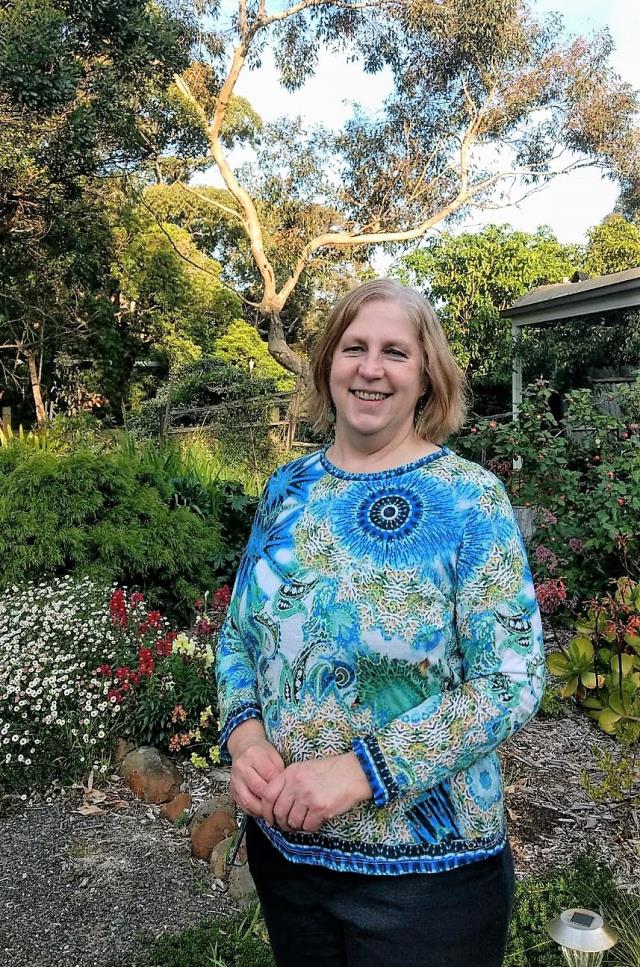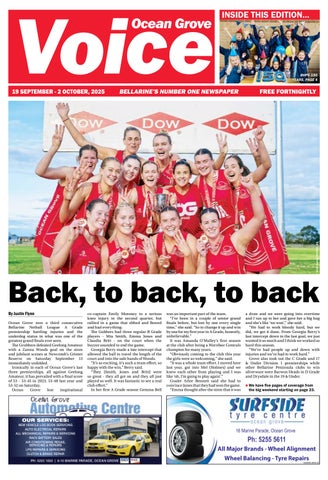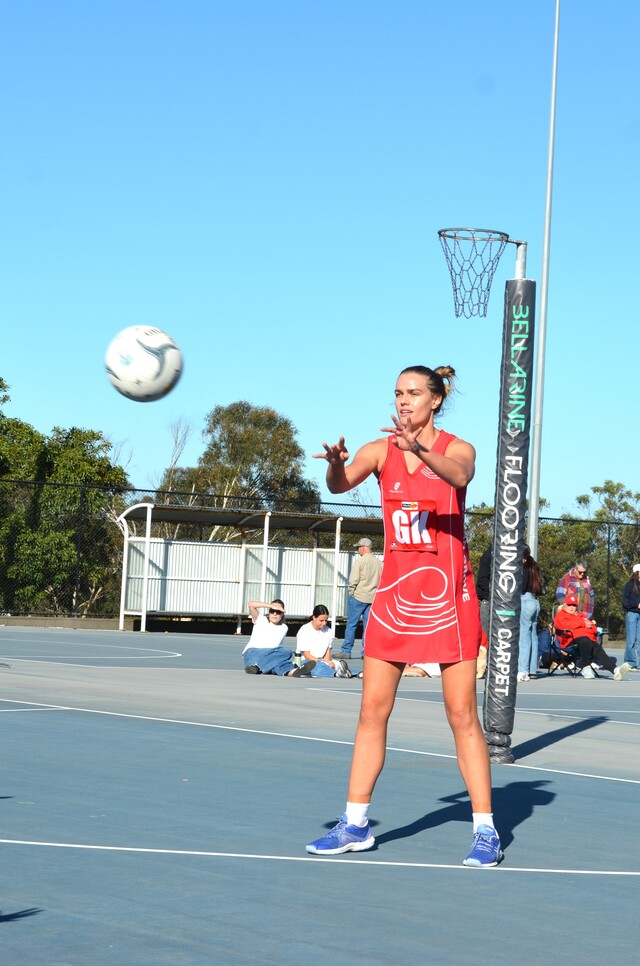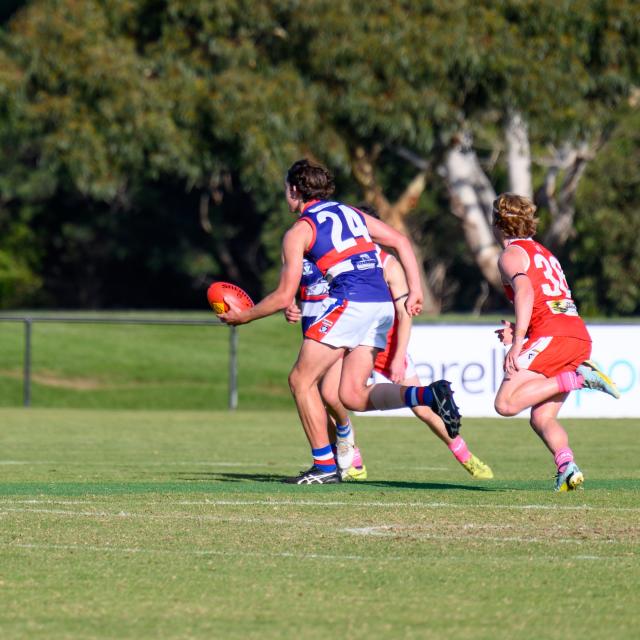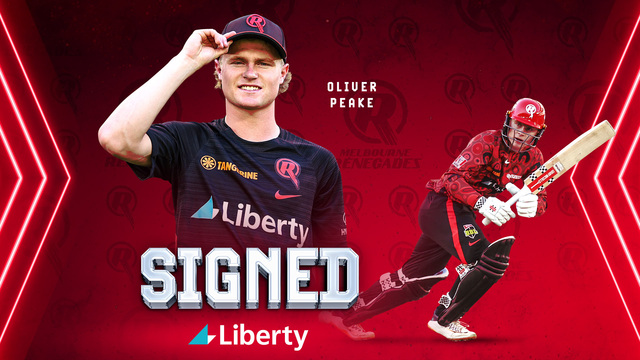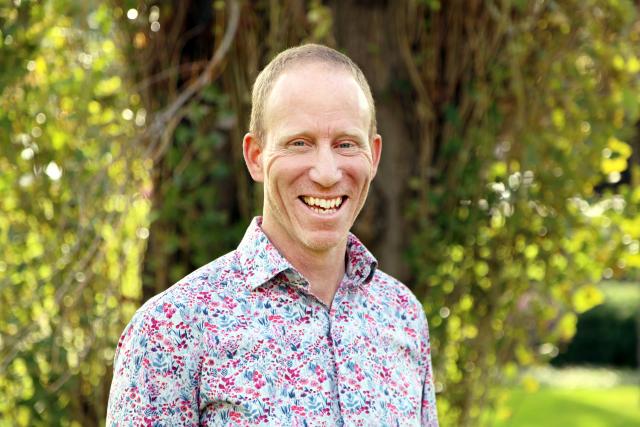Bellarine Writing Competition judges received 21 entries for this month’s topic ‘The Apology’.
While most entries were of a very high standard, there were two outstanding stories.
The winner was Christine Scheiner’s story ‘The Tobacco Tin’ and the highly recommended one by Helen Friee, ‘The Perfect Apology’. We would be very pleased to receive a lot more new writers to our competition from a whole range of ages for Topic 3 which is advertised in The Voice today. Alan Cobham
Judges’ comments
The Tobacco Tin was a very moving selected event from an important historical happening portrayed in a very quiet, but penetrating emotional way. The jump between the time zones was very effective and controlled with the narrator then playing a very important role in the story. A must read.
THE TOBACCO TIN by Christine Scheiner
August 1915, Hill 60
Gallipoli, Turkey
The dry earth was bleached white at the trench edge and the azure sky stretched on forever, but Andy saw none of this. The heat, the stench, the fear and the continual shelling beckoned a horror that bordered on madness as he lay prone in the dirt unable to open his eyes.
Ahmet prayed to Allah and hid under a scant canopy of shrubs, barely enough to cover him.
Certainly, they offered no shade from the relentless sun. He clutched a torn, worn photograph of his wife and baby daughter, and wondered if his eternity would be here in this brown earth – a cowardly death hiding in terror.
The blast blew them both into a nearby trench, already a morgue of soldiers, and when the shattering concussion of the mortar faded, they lay not more than a few feet apart. Condemned eyes watched each other as a young father barely 23 and a terrified boy, raised their weapons together and fired, both fighting for their own God, country and life.
1980
Melbourne
I knew my grandfather had fought at Gallipoli. Every year we did the Dawn Service and Anzac Day march together as a family, but we all knew discussions about his time in Turkey were strictly forbidden. He carried whatever burden the war had given him with his usual stoicism, and certainly displayed no obvious post-traumatic stress symptoms. He was a strong, fair and kind man, who was extraordinarily gentle. Being the only granddaughter of a man with three sons and seven grandsons, I had a special and close bond with Pa. When he was diagnosed with terminal pancreatic cancer, it brought heartache to our family but relief to him – with my grandmother 12 years in her grave, he told us he was ready to see his Millie again.
On my final visit with him, he told me a story that sent chills through me, a heartbreaking tale
of a choice so awful he had been unable to face the consequences for over 65 years. Silently crying, he handed me a small, dented tobacco tin containing an old ring and a faded photograph.
He asked me if I thought all sins could be forgiven. Would salvation be offered to someone
who had spent every day in this life asking for forgiveness, whatever the sin?
1915
Sometimes if you lay on your side for long enough, the world never rights itself. Andy cradled
the mortally wounded enemy soldier and wished himself dead instead. Ahmet wept softly, still breathing, but in reality, he was already gone. With quiet incomprehensible words, but clear meaning, he gave Andy his crumpled photograph and a tarnished silver ring, Arabic
inscriptions on the inner surface and a deep-set moonstone on the outer. It took Ahmet a long time to die. When he finally did, Andy became a motionless shadow lying next to a corpse on soil that neither of them had wanted to fight over.
Andy realised a few days later that he had shot Ahmet on his 17th birthday. It was a day that
took away forever the boy he had once been.
1980
The tobacco tin felt like it was burning me, its poignant contents lightweight yet so monumental. Completely incapable of facing the tragic outcome of a single trigger pull for more than six decades, my grandfather had carried this immense burden alone, an untenable sorrow that he had somehow learned to live with. The thought of my grandfather bearing this guilt on his own for so long, broke me into pieces.
1981
Turkish Military Archives,
Istanbul, Turkey
The tobacco tin still carries its precious cargo, but it is now nestled safely in my backpack as I approach the office and take the first steps on the journey to repatriate its contents. Ahead of me lies a mammoth task – to find Ahmet’s family and tell them the story of a boy, and how he was sorry every day he was on this earth, that he had lived, and Ahmet had died. My grandfather wanted them to know that he had tried to comfort him as best he knew how, and that Ahmet didn’t die alone. Finally returning his items was a plea for absolution, an apology from our family to his, with the understanding that he would never expect forgiveness. The death of Ahmet was the price of his own survival, but Andy had paid again and again for the rest of his life.
The Perfect Apology by Helen Friee
Charlie set out walking his dog. It wasn’t the usual time, but Charlie needed to think.
He needed a plan to redeem himself, to show his wife he was still worthy, still the honest and desirable man she married.
Charlie had stuffed up. He tried to tell himself it wasn’t that bad. Plenty of his mates had done far worse. He was a good person – worked hard, earned a good salary, loved his wife and supported her work, mowed the lawns, was well-liked by their friends, he even volunteered at Foodbank every month as part of his employer’s corporate benevolence. To his wife, his work, to the world, Charlie was a respectable, well-adjusted, gregarious member of the community.
But every now and then – not very often – Charlie craved a diversion, time to himself to indulge in some mischief, hedonism, a little decadence on the side. It wasn’t hurting anyone, not really. And Charlie was careful, discreet, covered his tracks.
Until yesterday. Charlie let his vigilant guard down, he was lax, and his wife found out. Now he was angry with himself. Not because of what he’d done, but because he’d been discovered. His wife accused him of deception, betrayal, dishonesty. Her shouted words, full of rage and hurt, still flew around his mind as he stamped along the path.
Charlie arrived at the off-lead dog park and his kelpie bounded off enthusiastically when he was unleashed. As unsettled white clouds skitted across a blue sky while the sun tried to shine brightly in between the intrusions, Charlie watched his dog, envious of his carefree joyfulness.
“Hello Charlie,” said an unfamiliar voice, “I hear you’re in a spot of bother.”
Charlie spun around. He hadn’t seen the gleaming white latest-model, luxury Tesla pull up. The unfamiliar voice belonged to a woman who had exited the back seat. Dressed immaculately from head to toe in a tailored white three-piece suit with matching stilettos, she exuded complicity, confidence, success.
“No need to be alarmed. Or indignant. You know why I’m here.” The woman took a few slow, casual steps towards Charlie, hands in her pockets. “You need to make this right. You need your wife to know that you regret your actions, that you’re sorry. That you’re still the good, virtuous, charming man she’s always known. I can help you with that.”
Charlie had heard the rumour from a colleague in IT. How the latest in human enhancement chips could take feelings of regret and add the right amount of contrition to give an apologetic declaration just what it needed – the hallmark of genuine repentance. And while Charlie had dismissed the development as fanciful, he was also self-assuredly certain he would never need one.
“How did you know?” Charlie began his myriad questions falteringly.
“We’re in technology Charlie, it’s our business to know. I could go into the details, but is that really what you need right now?” She paused. “What you need is one of our little chips. Pop it behind your ear when you explain to your wife, and let it do its work. Inside that tiny module is the very latest in personal attribute augmentation.” Another pause. “I’ll keep this simple for you Charlie. You might be intellectually sharp, but you’re no tech whiz. That chip will send silent electrical probes delving into your brain to extract all the right data: what you did and how you got caught, all the love you have for your beautiful, smart wife, the particular characteristics that make up the individual that is Charlie. The chip then injects into the speech part of your brain all the right words, in the right order, with just the right amount of remorse, regret, and yes, shame.”
The emphasis she applied was flawless.
“You’ll say the words that she wants to hear. More importantly you’ll say you’ll do the things she wants you to do.” She concluded succinctly: “It is, quite simply, the perfect apology.”
As she spoke Charlie remembered the clip he watched just last week of the footballer from last season’s premiership team, the one caught in a drug-fuelled binge. Addressing the media throng, the champion goal-kicker was frank, heartfelt, his face the impeccable guise of gravity and authenticity. He even managed a few tears. Charlie now recalled how the ill-fated bloke had touched his left ear just before he started. Now Charlie knew why.
“That footballer, last week?” Charlie questioned and the woman smiled knowingly. “The tears!” Charlie was incredulous.
“Tears are doable,” she explained, “They cost extra. It takes a bit more tech to wring out those salty drops. But they’re definitely worth it. As you saw.”
The woman continued, “There are side-effects. They’re minor, but I can explain those. We’re not in the business of being unethical.”
Charlie thought as the sun still tried to brighten the scene between the insistent clouds. It was so tempting.
“The expense is worth it Charlie. Your wife won’t know a thing. All you’ll see on your credit card is a discreet entry for Whitewash Solutions.”
Just as the sun broke through stronger than it had all day, Charlie decided. “No!” he shook his head. “I can do this myself.”
“Can you Charlie?” The woman lingered a moment. “Suit yourself.” She turned back to the Tesla, opened the back door and slid in.
As the chauffeur was about to accelerate away, and clouds retook the sun’s bright rays, Charlie yelled.
“Wait!”


